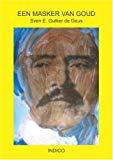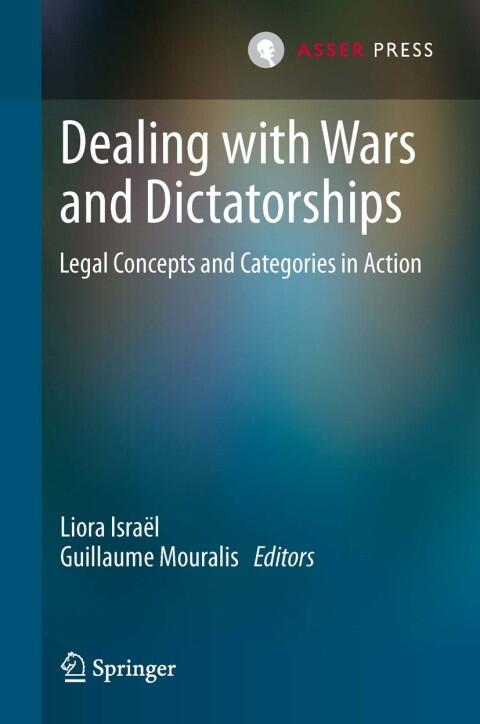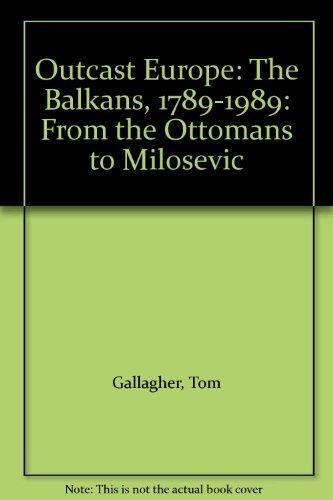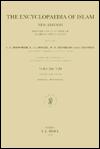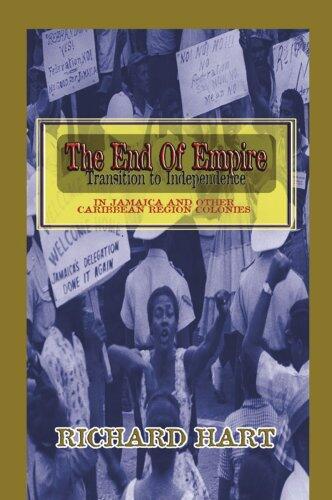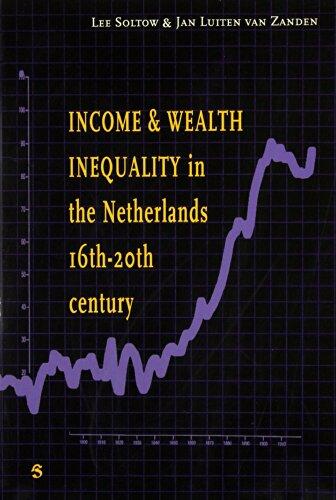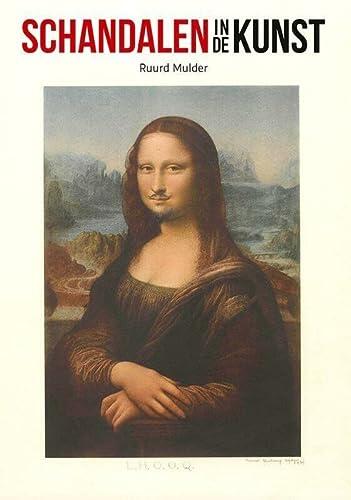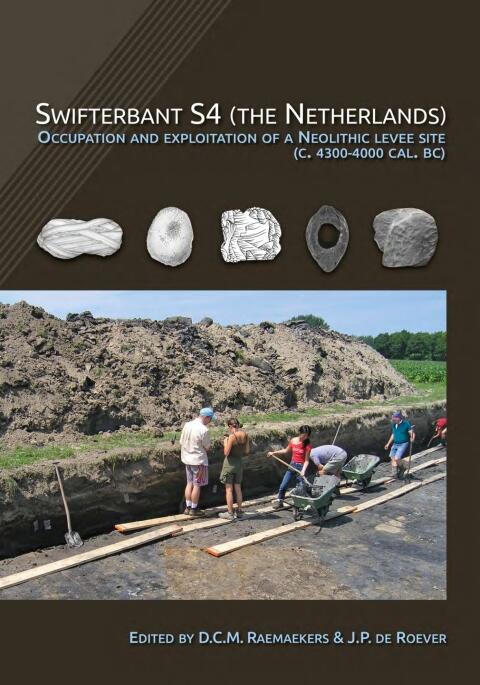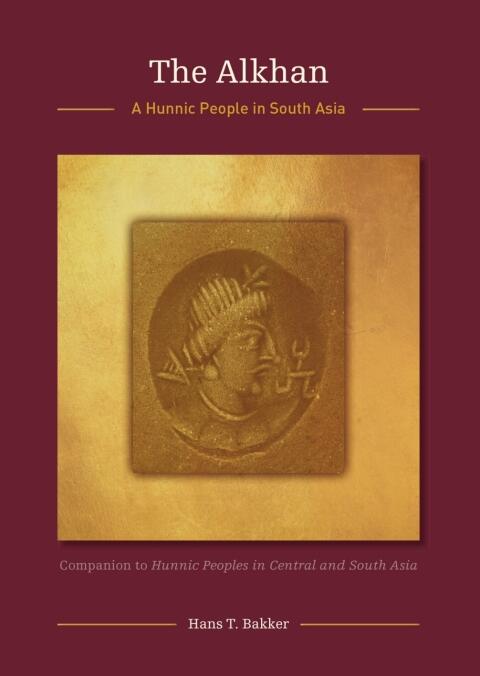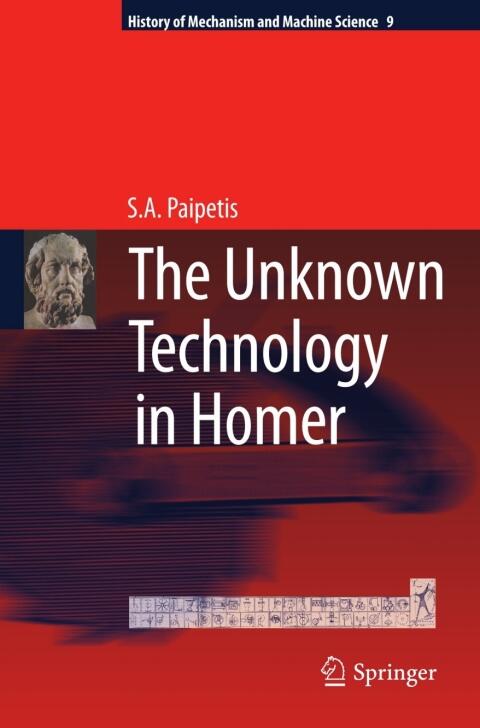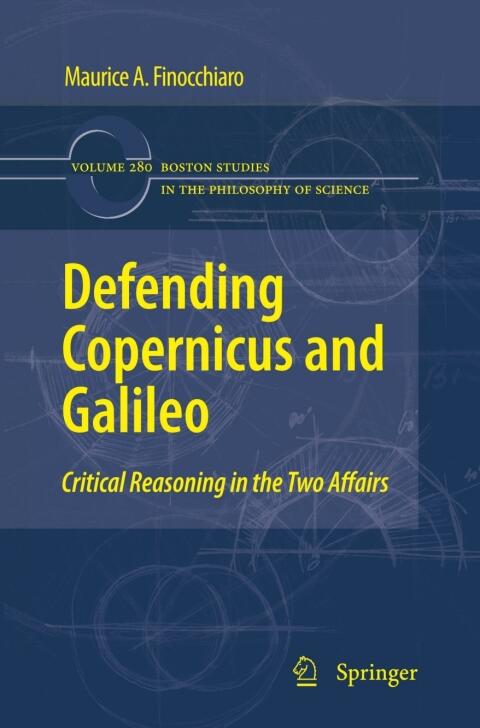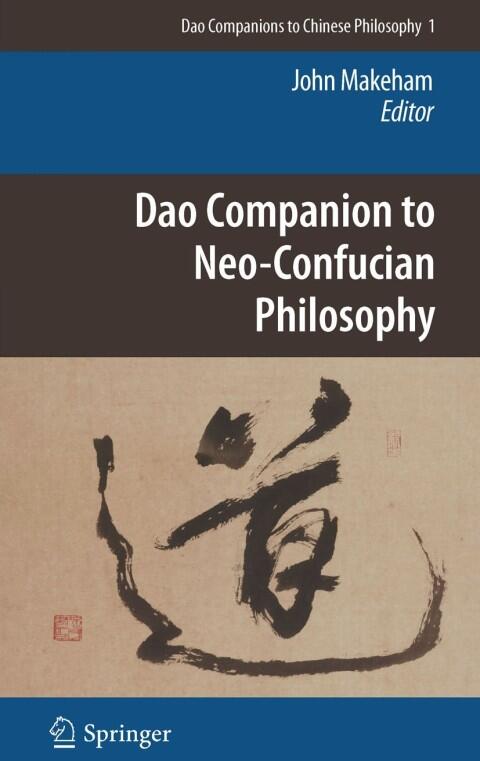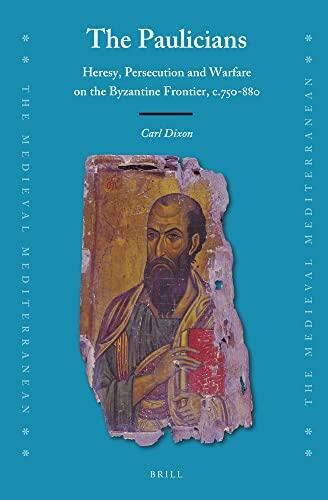
The Paulicians: Heresy, Persecution and Warfare on the Byzantine Frontier, C.750-880
由
Carl Dixon
还没有评分
Romance
History
格式
精装书
页数
366
语言
荷兰语,佛兰芒语
已发布
Jan 1, 2022
出版商
Brill Academic Pub
ISBN-10
9004516549
ISBN-13
9789004516540
描述
Set against the backdrop of the Byzantine Empire, this work delves into the intriguing history of the Paulicians, a sect often labeled as heretical. Through meticulous research, the author explores how this group's beliefs and practices challenged the dominant Orthodox Christian narrative. As they navigated their existence on the fringes of Byzantine society, their tenets sparked not only theological disputes but also extensive persecution that would have lasting effects.
Dixon vividly portrays the turbulent landscape of the ninth century, marked by warfare and conflict as the Paulicians faced relentless opposition from Byzantine authorities. The author examines the dynamics of this era, detailing how the socio-political climate influenced both the persecution of the Paulicians and their responses to such challenges. This historical period is painted not merely as one of suffering, but also of resilience and adaptation as the Paulicians fought to maintain their identity.
The study also offers insight into the broader cultural milieux of the time, showcasing how the Paulicians interacted with both local populations and the wider Christian world. It unveils the intricacies of their beliefs and practices, revealing a community that, despite its marginalized status, contributed significantly to the diverse tapestry of medieval Mediterranean societies.
Throughout, Dixon's narrative weaves together the themes of religion, identity, and conflict, creating a compelling portrait of a group struggling for survival amid the tumult of the Byzantine Frontier. The work invites readers to reconsider the complexities of heresy and orthodoxy, urging a deeper understanding of how these tensions shaped medieval life and the evolution of Christian thought.
Dixon vividly portrays the turbulent landscape of the ninth century, marked by warfare and conflict as the Paulicians faced relentless opposition from Byzantine authorities. The author examines the dynamics of this era, detailing how the socio-political climate influenced both the persecution of the Paulicians and their responses to such challenges. This historical period is painted not merely as one of suffering, but also of resilience and adaptation as the Paulicians fought to maintain their identity.
The study also offers insight into the broader cultural milieux of the time, showcasing how the Paulicians interacted with both local populations and the wider Christian world. It unveils the intricacies of their beliefs and practices, revealing a community that, despite its marginalized status, contributed significantly to the diverse tapestry of medieval Mediterranean societies.
Throughout, Dixon's narrative weaves together the themes of religion, identity, and conflict, creating a compelling portrait of a group struggling for survival amid the tumult of the Byzantine Frontier. The work invites readers to reconsider the complexities of heresy and orthodoxy, urging a deeper understanding of how these tensions shaped medieval life and the evolution of Christian thought.
